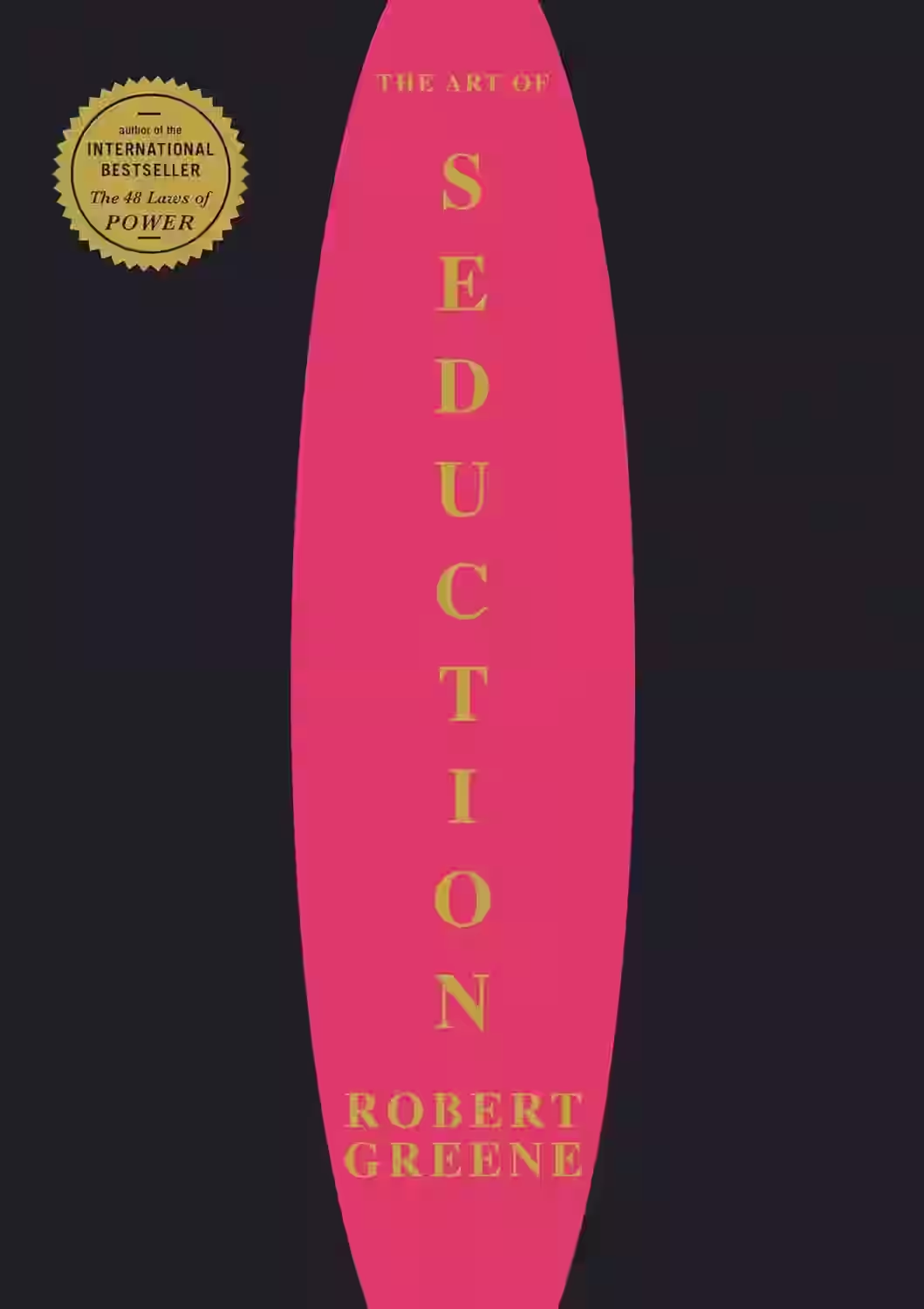
In 'The Art of Seduction,' Robert Greene delves into the intricate and often controversial world of seduction. Through historical anecdotes and psychological insights, Greene offers a guide to mastering the art of seducing others, whether for personal or professional gain. The book explores different seductive archetypes, strategies, and pitfalls, providing readers with a comprehensive understanding of power dynamics and human behavior. While some may find the content manipulative, Greene's work prompts introspection and critical thinking about our social interactions. 'The Art of Seduction' challenges conventional norms and offers a fresh perspective on the complexities of seduction in various relationships.
About Robert Greene
An American author known for his controversial and influential books on strategy, power, and seduction, drawing on historical examples and philosophical insights. Works like The 48 Laws of Power and The Art of Seduction offer often amoral perspectives on how to acquire and maintain influence. Greene's provocative ideas and historical analysis have made him a popular figure in business and self-help circles.
Other Books by Robert Greene
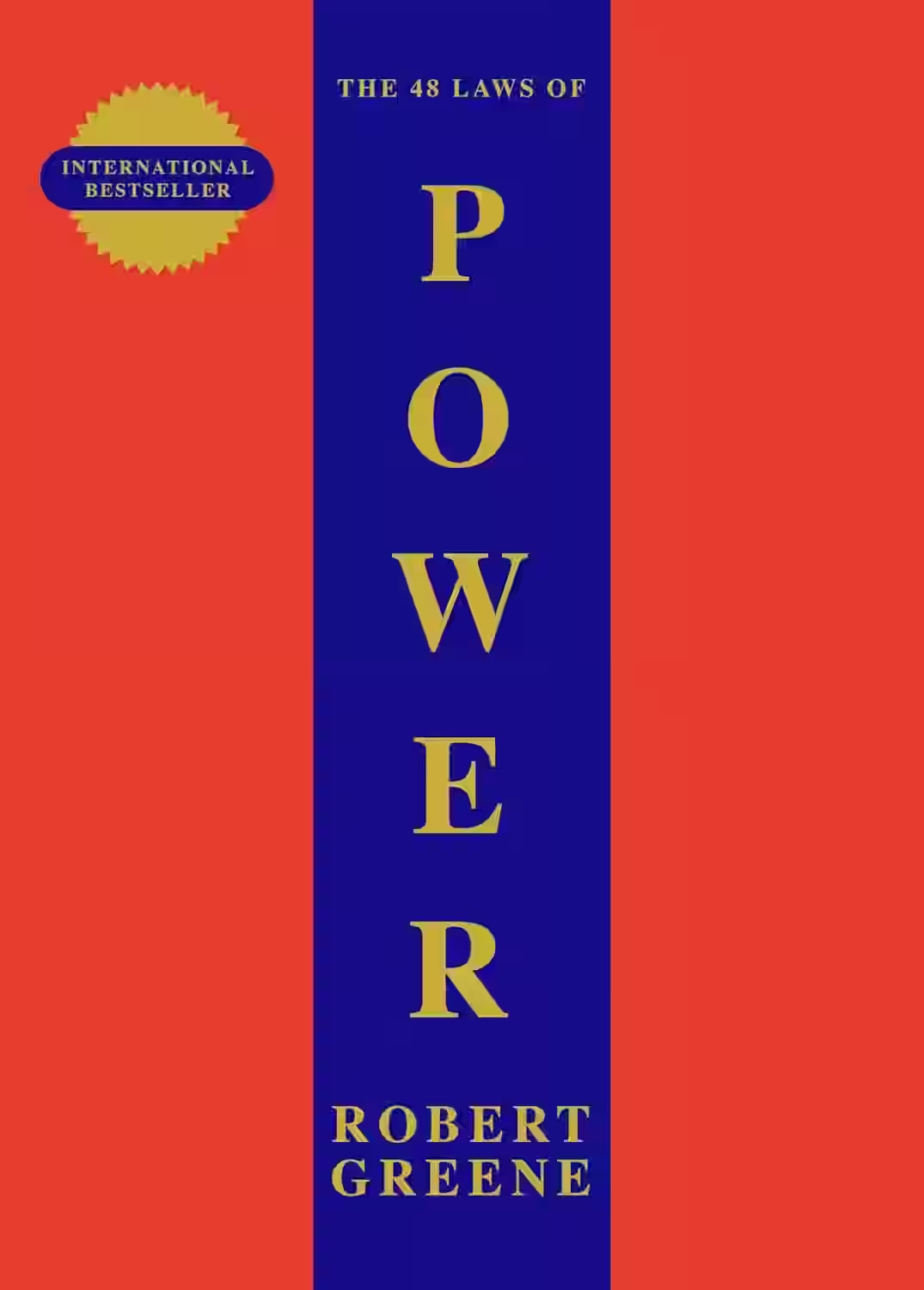
The 48 Laws Of Power
In this huge international bestseller, the 48 laws are illustrated through the tactics, triumphs and failures of great figures from the past who have wielded - or been victimised by - power. The perfect book for the power hungry (and who doesn't want power?). At work, in relationships, on the street or on the 6 o'clock news: the 48 Laws apply everywhere. For anyone with an interest in conquest, self- defence, wealth, power or simply being an educated spectator, The 48 Laws of Power is one of the most useful and entertaining books ever. This book 'teaches you how to cheat, dissemble, feign, fight and advance your cause in the modern world.' (Independent on Sunday) The distilled wisdom of the masters - illustrated through the tactics, triumphs and failures from Elizabeth I to Henry Kissinger on how to get to the top and stay there. Wry, ironic and clever, this is an indispensable and witty guide to power.
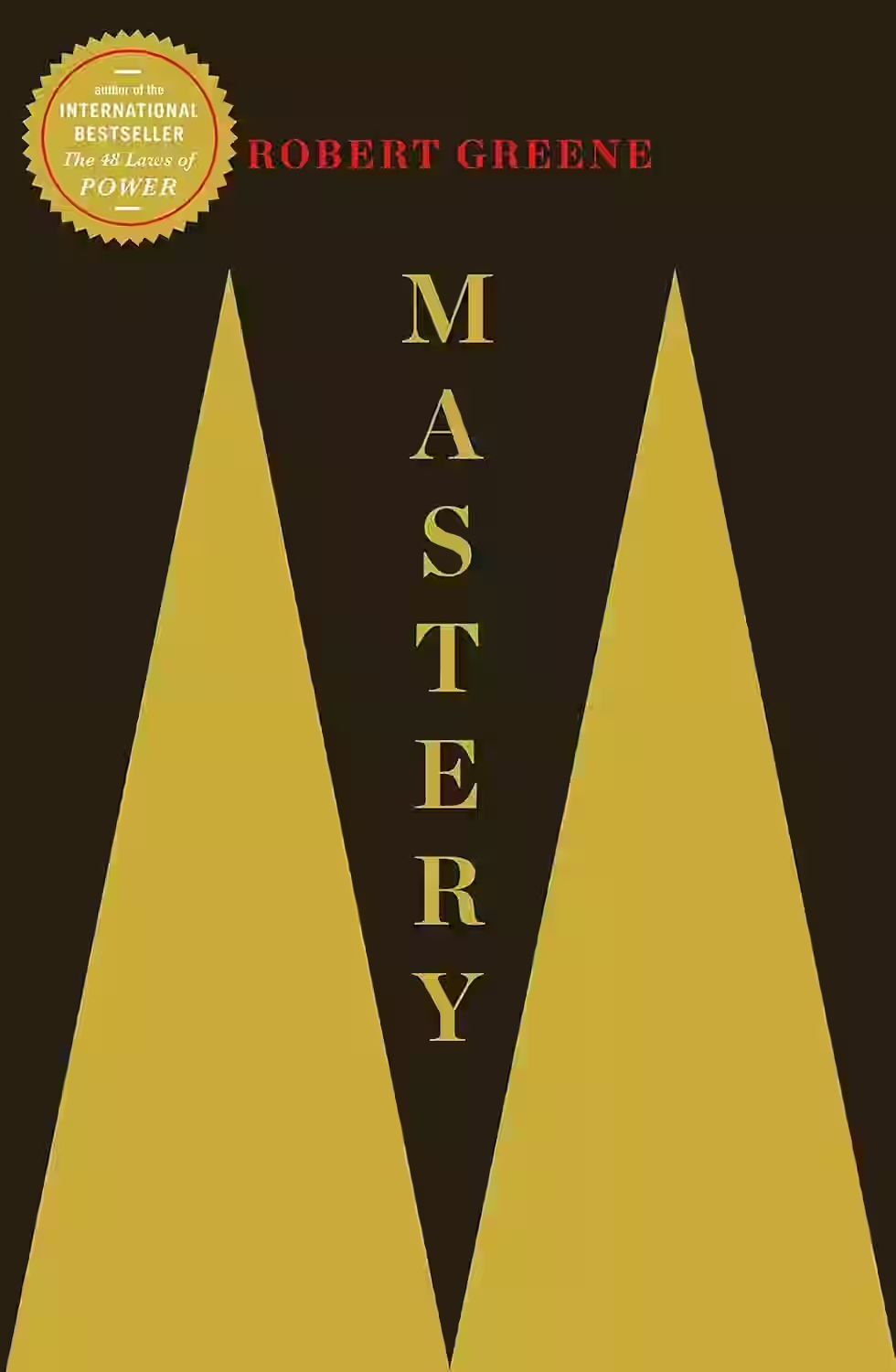
Mastery
Robert Greene examines the paths of historical figures and contemporary experts to uncover the principles of achieving mastery in any field. He outlines a process involving apprenticeship, practice, and innovation, emphasizing the importance of perseverance.
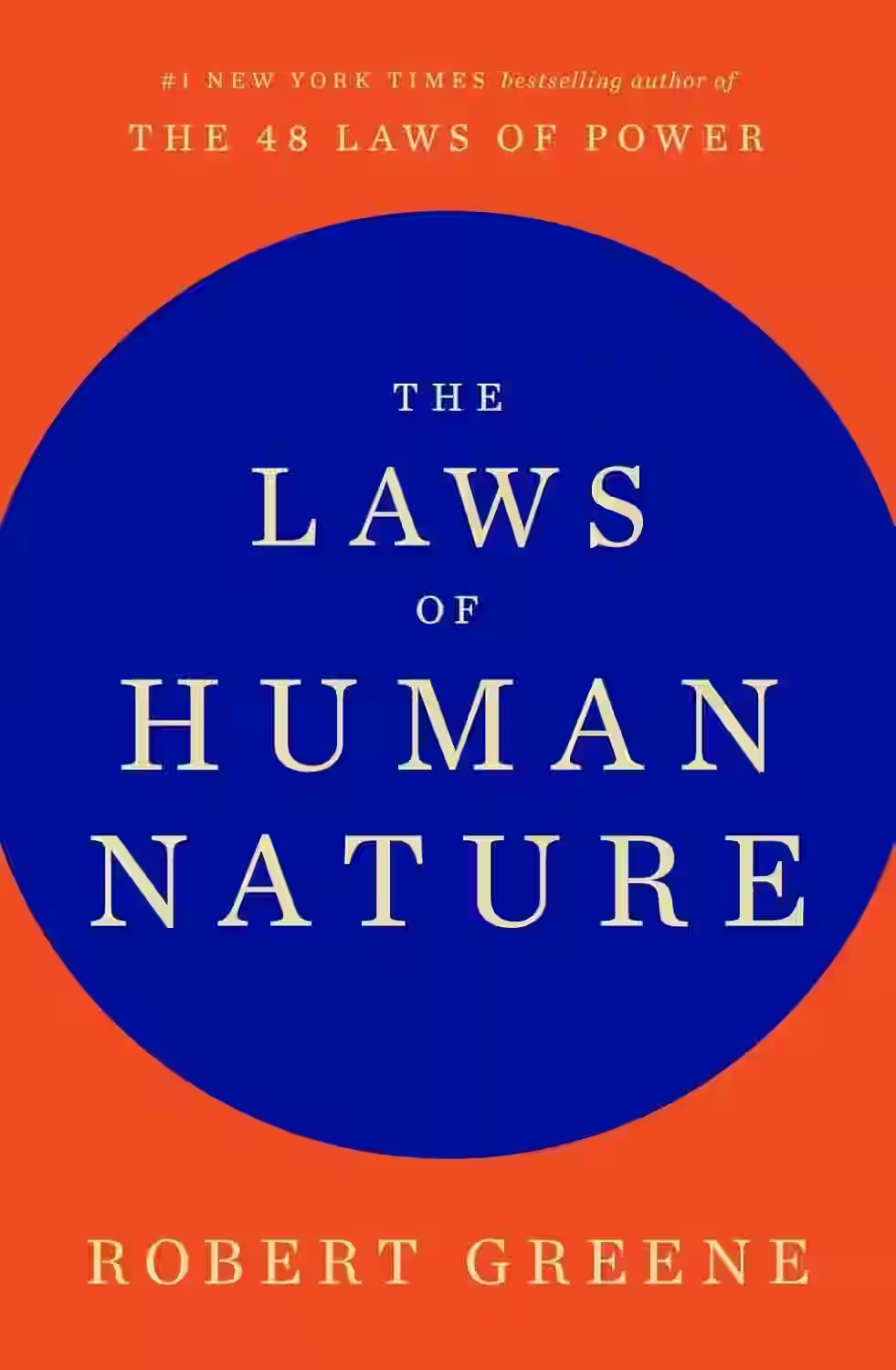
The Laws of Human Nature
In 'The Laws of Human Nature' by Robert Greene, readers are taken on a transformative journey exploring the intricacies of human behavior and psychology. Through captivating storytelling and insightful analysis, Greene delves into the motivations and dynamics that drive our actions, shedding light on the darker aspects of human nature. By drawing from historical examples and psychological research, the book offers practical wisdom on how to navigate social interactions, understand the behaviors of others, and ultimately harness the power of empathy and self-awareness. A compelling blend of psychology, philosophy, and practical advice, 'The Laws of Human Nature' challenges readers to confront their innermost tendencies and strive for personal growth.
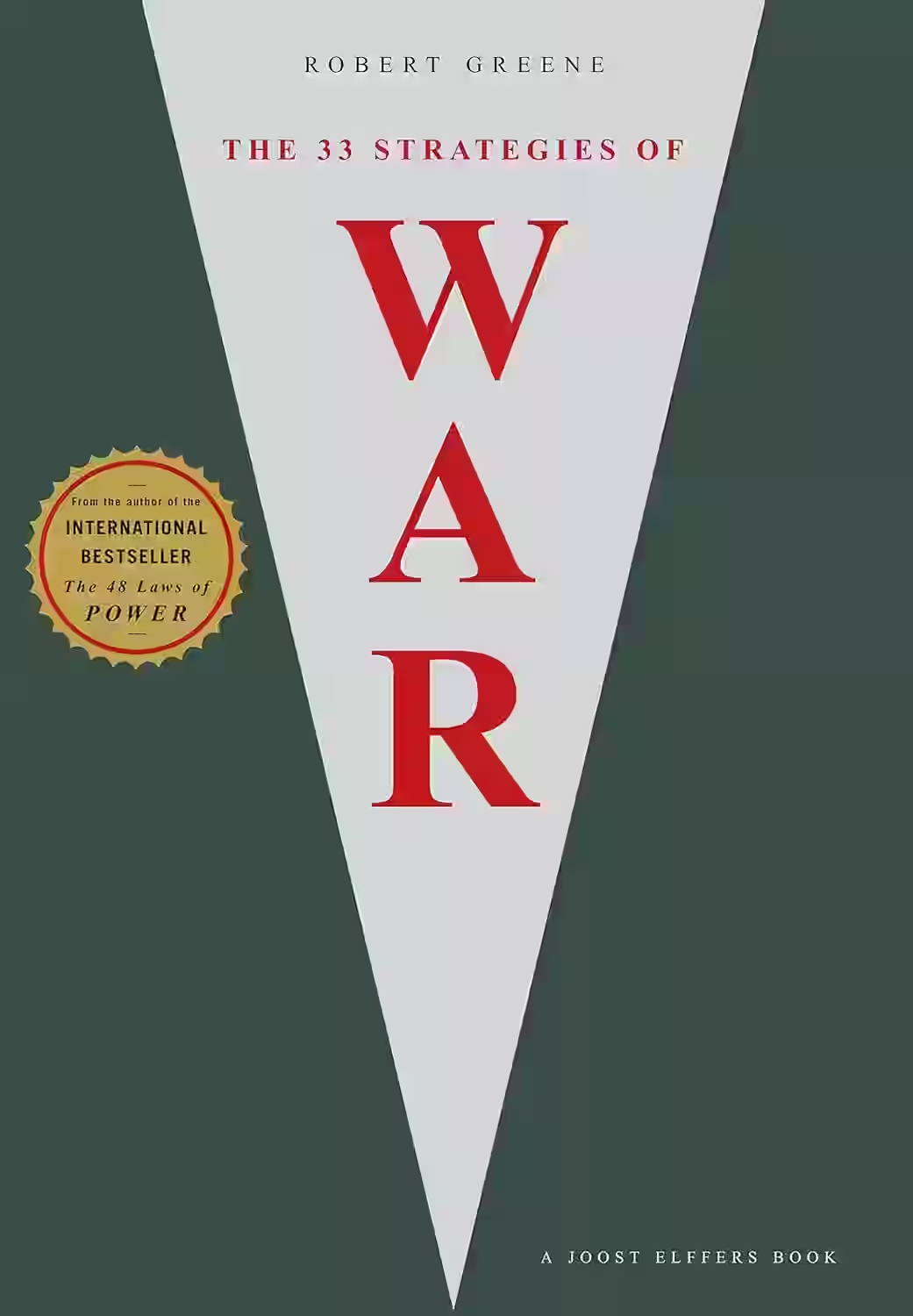
The 33 Strategies of War
In 'The 33 Strategies of War,' Robert Greene masterfully dissects the timeless tactics employed by history's greatest military leaders, politicians, and thinkers. Drawing examples from Sun Tzu, Napoleon, and others, Greene offers a comprehensive guide to navigating the complexities of conflict and power dynamics in both personal and professional spheres. Each strategy is meticulously explained and accompanied by vivid historical anecdotes, making this book an engaging and enlightening read for those seeking to outmaneuver opponents and achieve their goals effectively. Greene's unique blend of history, psychology, and strategy provides readers with a thought-provoking exploration of the dynamics of power and warfare.
Similar Books
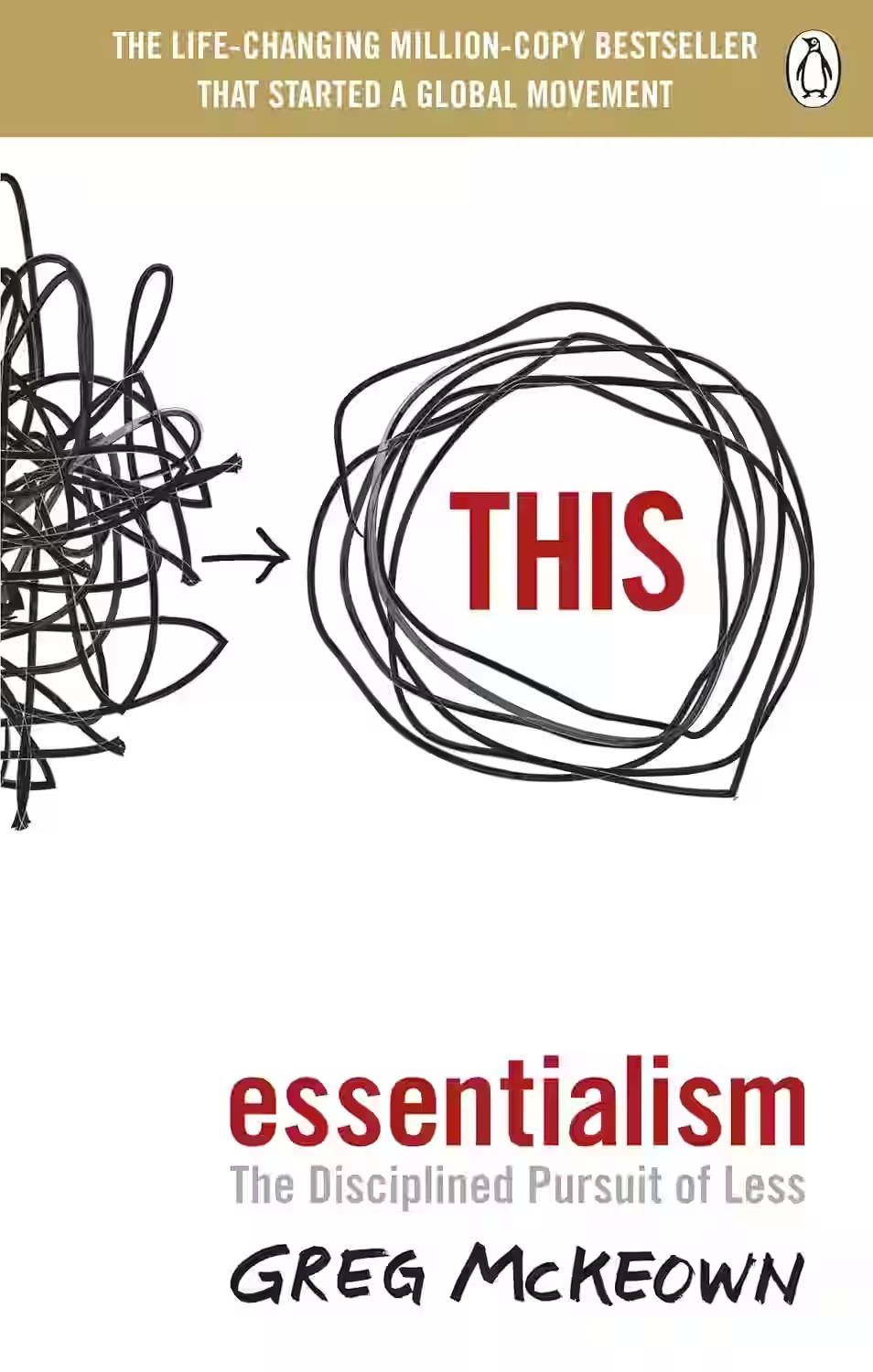
Essentialism: The Disciplined Pursuit of Less
by Greg McKeown
Essentialism is a manifesto for simplicity in an increasingly busy world. Greg McKeown advocates for doing less, but better—focusing only on what is truly important. He challenges the idea that we must do everything and instead teaches readers how to identify their highest priorities, eliminate non-essential tasks, and reclaim control of their time and energy. With practical tips and clear frameworks, the book empowers readers to make deliberate choices, say no more often, and live with intention. Essentialism is about creating space for what really matters—professionally and personally—by embracing the power of focus and clarity.
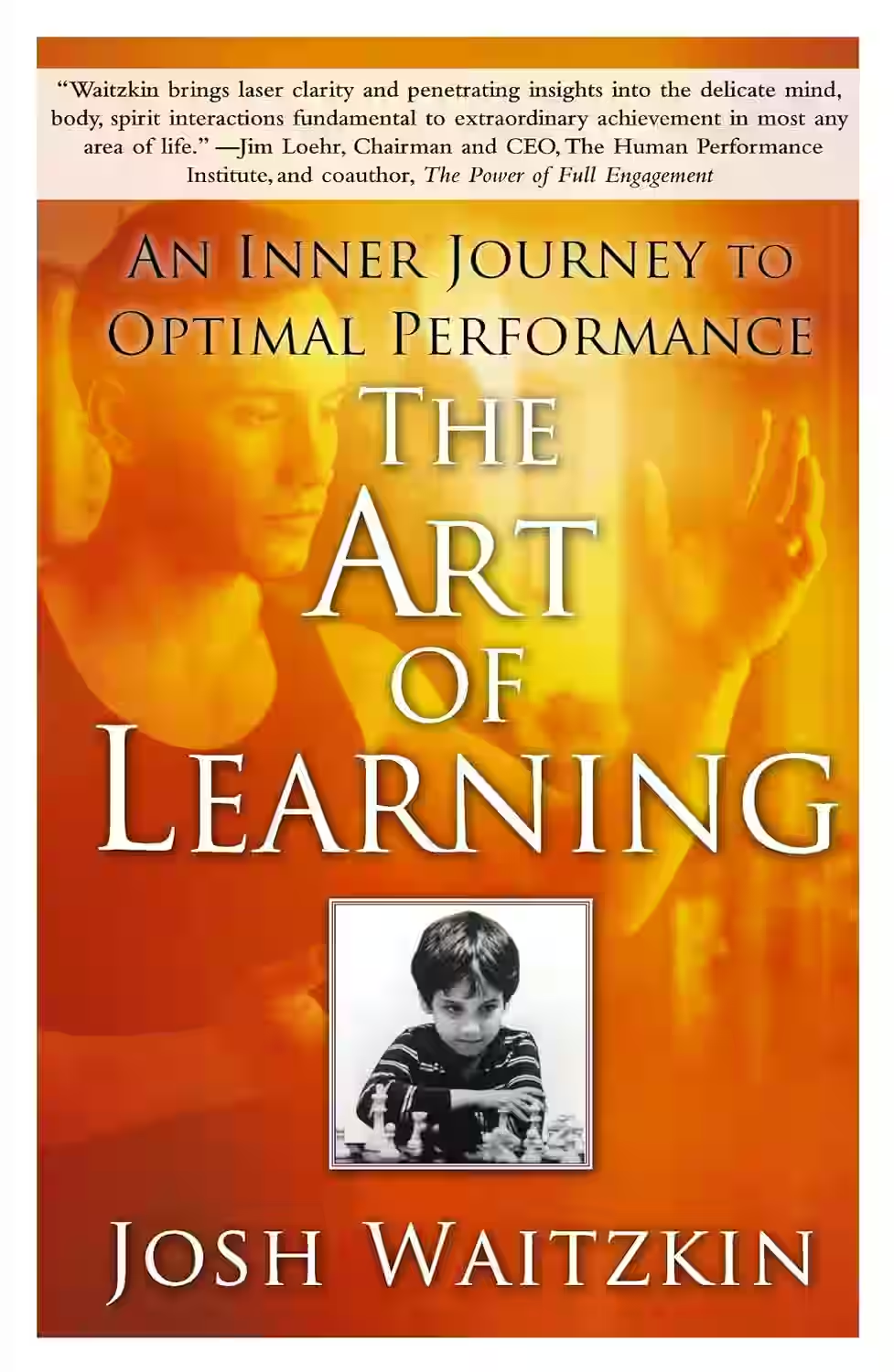
The Art of Learning
In The Art of Learning, chess prodigy and martial arts champion Josh Waitzkin shares his journey of mastering two disciplines to reveal universal principles of performance and personal growth. Blending autobiography with actionable insights, he discusses focus, resilience, and the psychology of peak performance. Waitzkin emphasizes the importance of incremental progress, embracing adversity, and turning setbacks into growth. His philosophy integrates Eastern and Western approaches to learning and competition. Whether applied to sports, business, or creative pursuits, The Art of Learning is a compelling guide to developing mastery through mindfulness, self-awareness, and continuous refinement of one’s process.
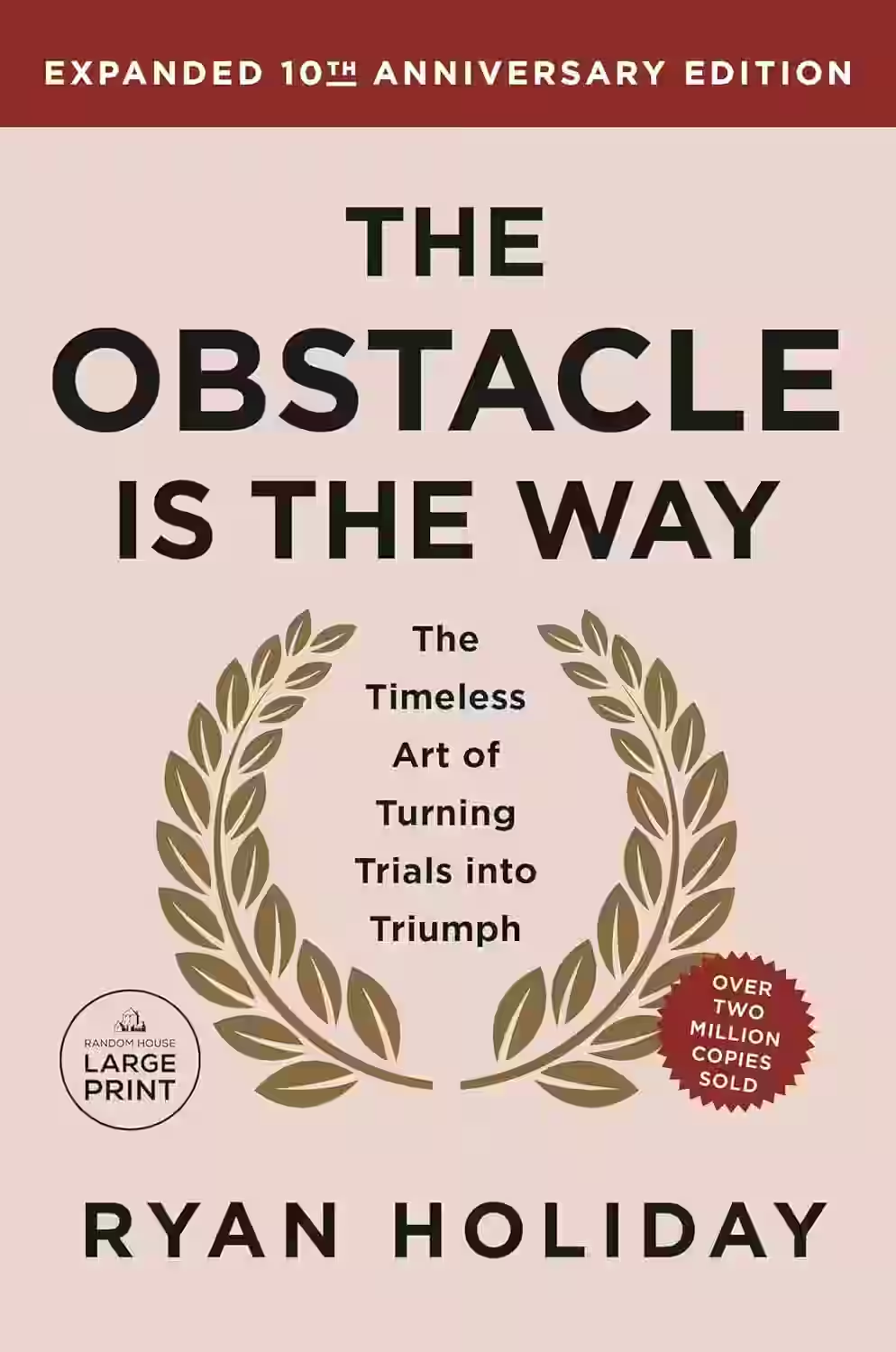
The Obstacle Is the Way
by Ryan Holiday
Based on the principles of Stoic philosophy, The Obstacle Is the Way teaches readers to transform adversity into advantage. Drawing from historical examples—from Marcus Aurelius to modern leaders—Holiday outlines a framework of perception, action, and will. His central idea: challenges are not obstacles to success, but the path itself. Through discipline, patience, and perspective, setbacks become fuel for growth. Written in a clear, concise style, the book is both motivational and practical. It has gained a wide following among athletes, entrepreneurs, and creatives seeking mental resilience and focus in the face of hardship.
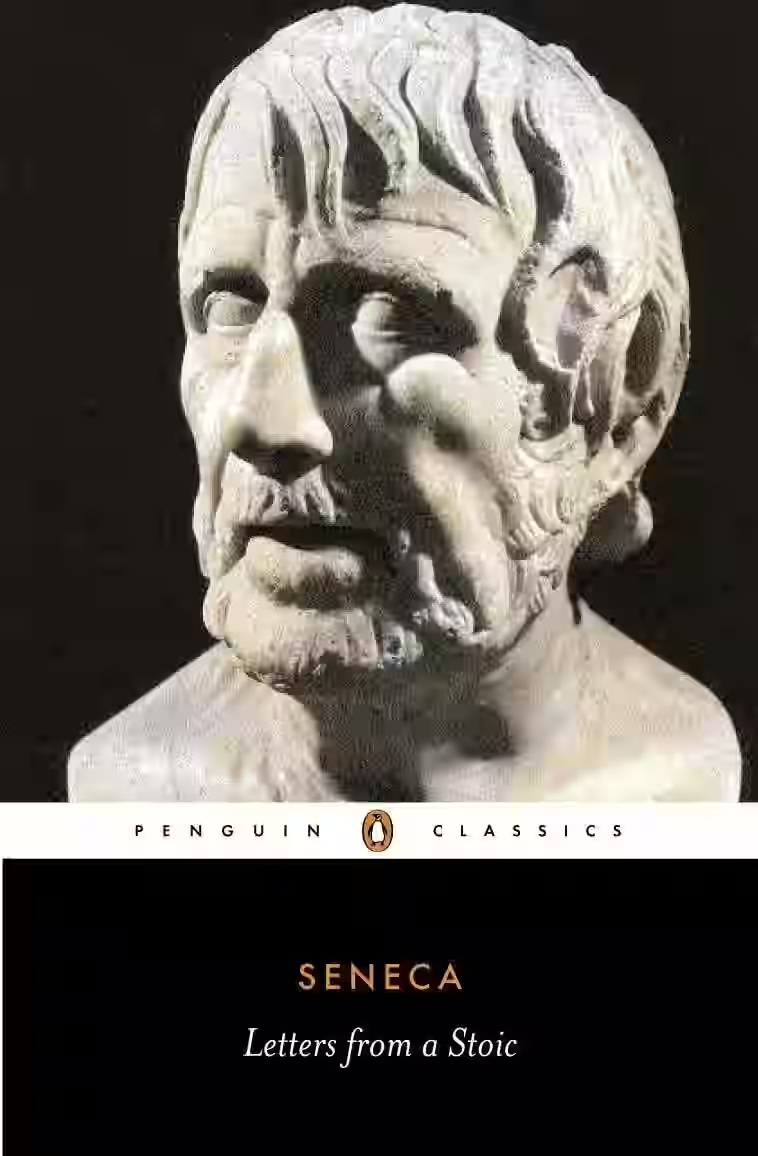
Letters from a Stoic
by Seneca
A cornerstone of Stoic philosophy, Letters from a Stoic is a collection of personal correspondence from the Roman philosopher Seneca to his friend Lucilius. These letters offer timeless wisdom on topics such as grief, wealth, friendship, fear, and the art of living. Seneca advocates for virtue, rationality, and emotional resilience, emphasizing control over one’s inner life regardless of external events. His practical advice and moral reflections are accessible yet profound, making this a foundational text for anyone seeking clarity, discipline, and inner peace. It remains a vital guide for modern readers exploring the philosophy of Stoicism.